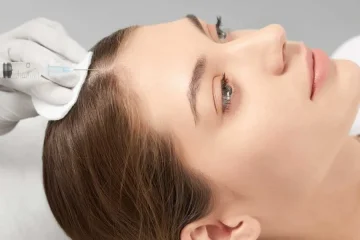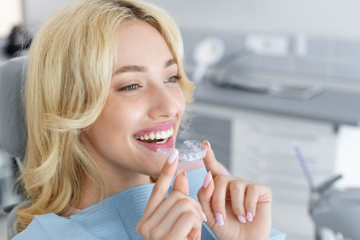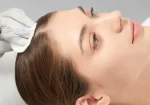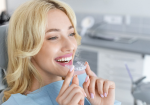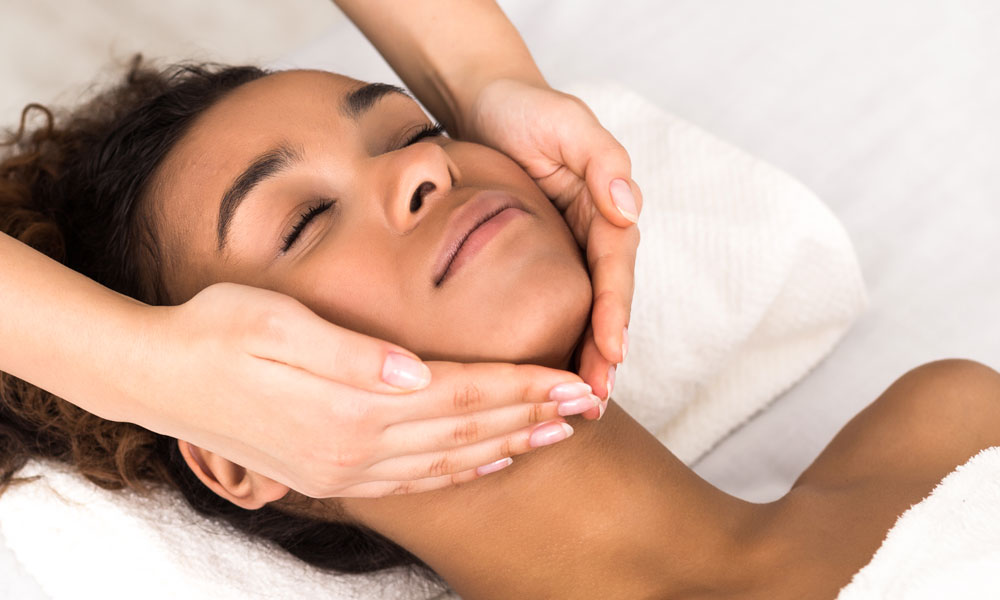HOW YOUR TOOTHBRUSH AFFECTS YOUR ORAL HEALTH
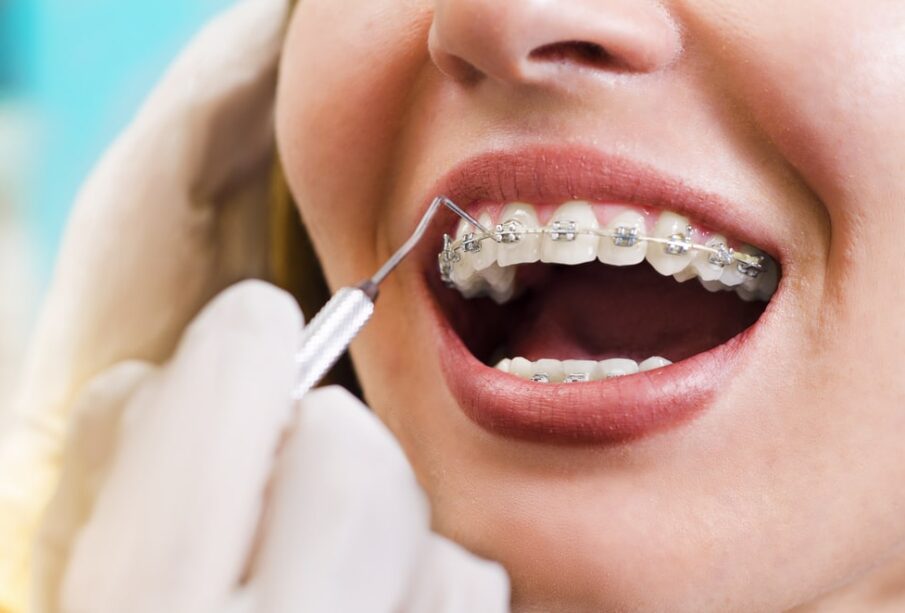
- INTRODUCTION
Brushing your teeth is one of the most crucial habits for maintaining your mouth’s health. A good toothbrush and proper brushing techniques can make a big difference in your oral hygiene. Many people in Locust, NC, and beyond are now more aware of how their toothbrush choice and brushing style affect their teeth and gums. Visiting a dentist regularly is also essential to maintaining a healthy smile.
- WHY BRUSHING CORRECTLY MATTERS
Proper tooth brushing helps avoid plaque accumulation, tooth decay, and gum disease. If plaque remains on your teeth for too long, it can harden and turn into tartar, which cannot be removed by brushing alone. For patients undergoing orthodontic treatment like Invisalign, maintaining excellent oral hygiene is especially important to prevent buildup around the aligners. In such cases, only a dental professional like Dr. Wael Zeitouni or Dr. Enes Maxhuni at Locust Family Dentistry can clean it.
The American Dental Association (ADA) recommends using fluoride toothpaste and a soft-bristle toothbrush. Remember to replace your toothbrush every three to four months, or sooner if the bristles are worn out, and brush for two minutes twice a day.
- COMMON BRUSHING METHODS TO AVOID
Simple errors made by many people over time might cause damage to their teeth and gums. These include:
- Brushing too hard or using a hard-bristle brush: This can wear down your tooth enamel and hurt your gums. A soft toothbrush or an electric one is safer and more effective.
- Using toothpaste with harsh ingredients: Always choose fluoride toothpaste and avoid those with rough textures that can damage your teeth.
- Forgetting to brush your tongue: Bacteria on your tongue can cause bad breath and spread to your teeth. Make it a habit to gently brush your tongue every day.
- TIPS TO GET THE MOST FROM YOUR TOOTHBRUSH
- Frequently Replace Your Toothbrush
- Don’t wait until your toothbrush looks completely worn out. Change it every three to four months or earlier if the bristles start bending. A worn-out brush won’t clean your teeth properly.
- Store and Clean Your Toothbrush Carefully
- Keep your toothbrush in a clean, upright position and avoid placing it near the toilet or next to other toothbrushes. Rinse it well after each use and occasionally disinfect it by placing the bristles under hot water. Never share your toothbrush with anyone.
- Use Additional Oral Hygiene Tools
- Your toothbrush alone isn’t enough. Use dental floss daily to clean between your teeth, where the brush can’t reach. You may also try chewing sticks, which have been found effective in removing plaque in some cases.
In summary, maintaining your toothbrush and using it properly plays a big role in keeping your teeth and gums healthy. Along with regular dental checkups and a good oral care routine, you can enjoy a fresh, bright smile for years to come.


